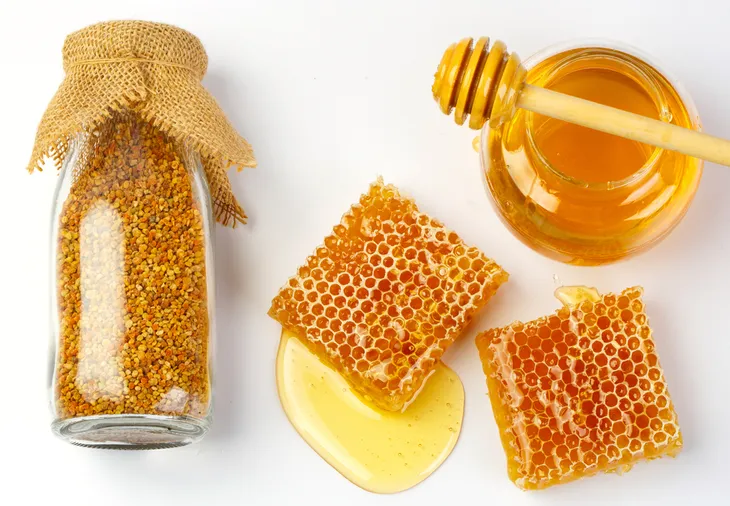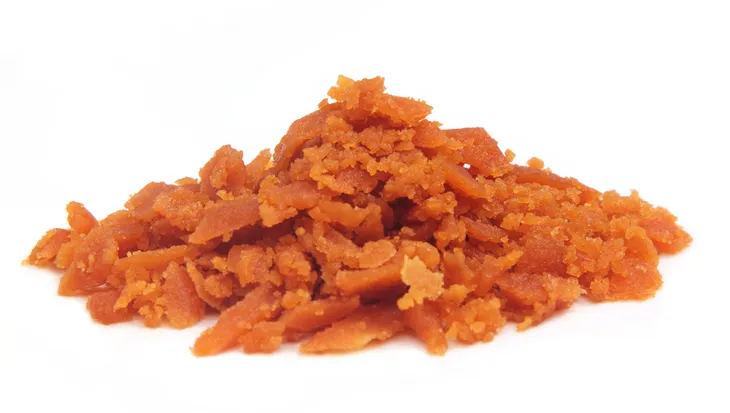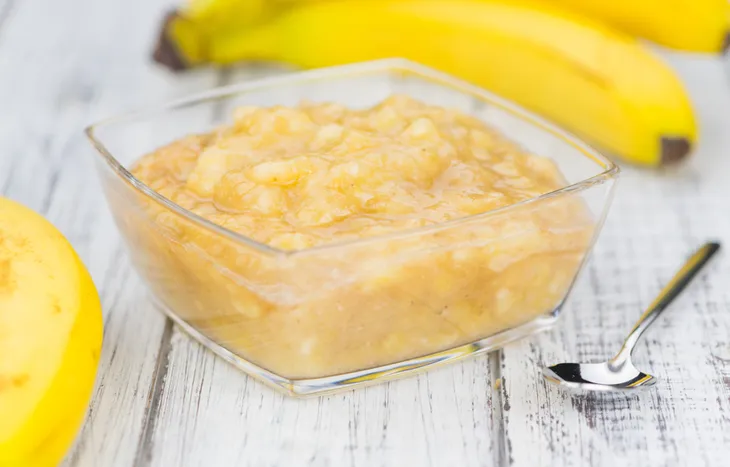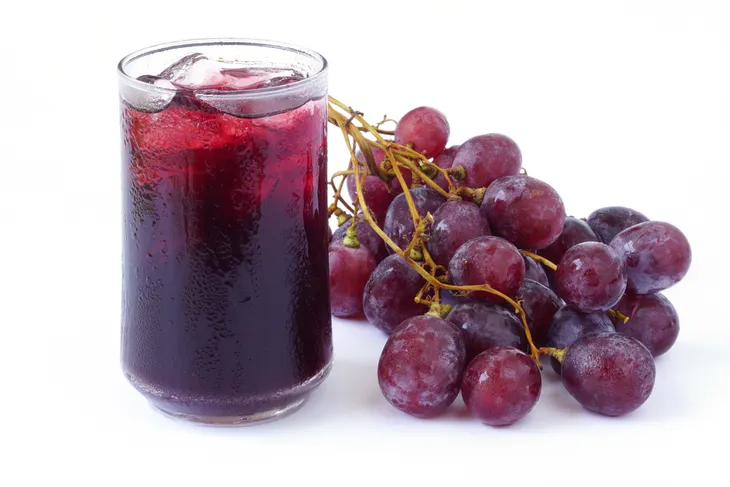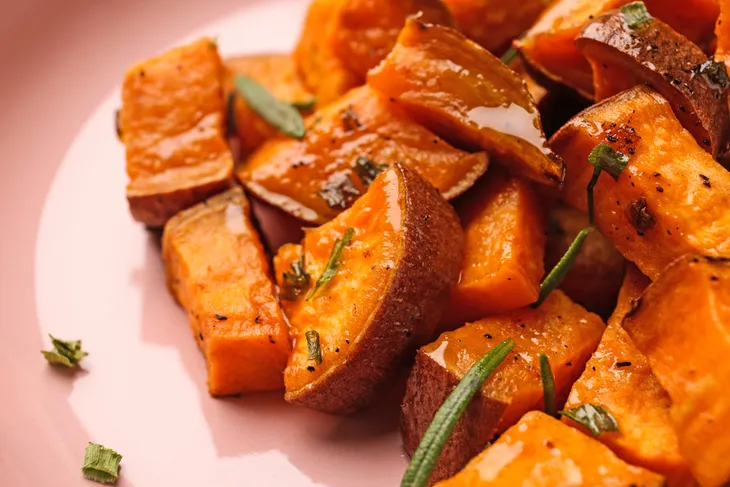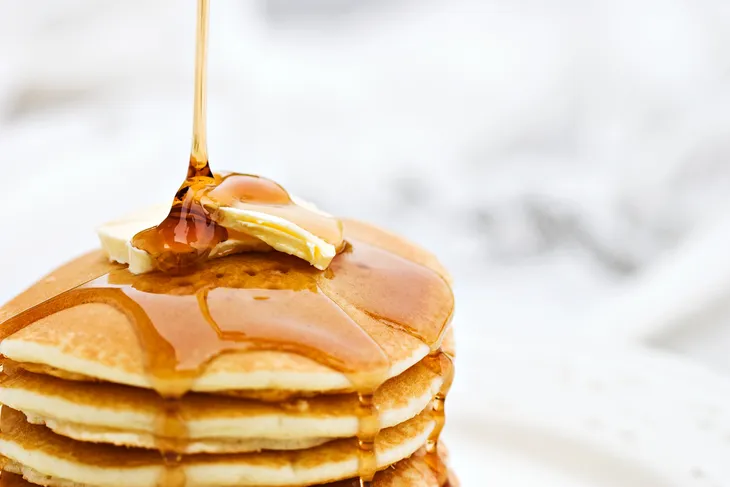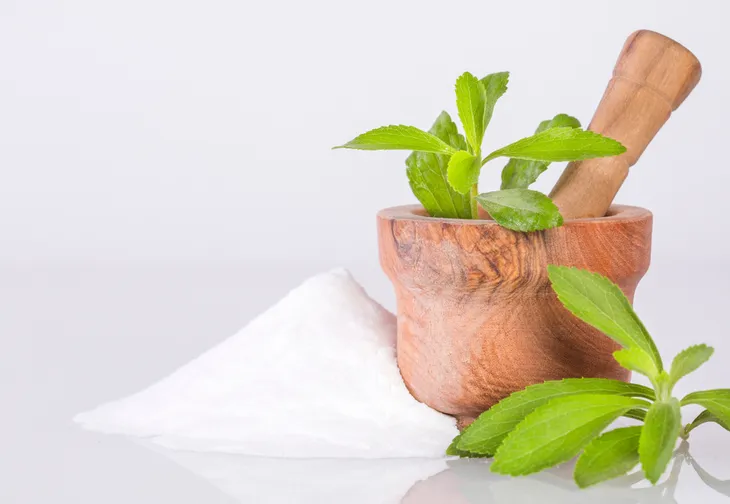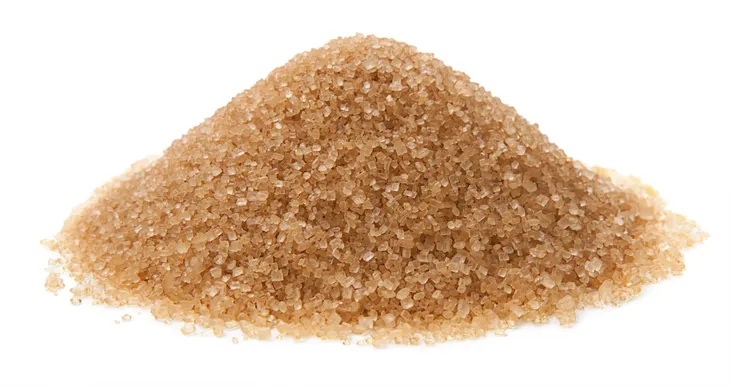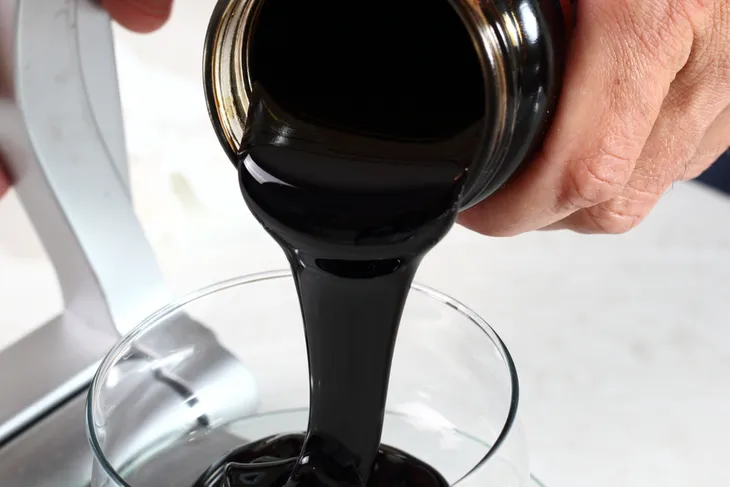Despite the color—those pure white granules of sugar are in no way innocent! In fact; sugar has virtually zero nutritional value and too much of the fake sweet stuff carries a bevy of health risks. However, that doesn’t stop North Americans from downing an average of 60- to 160-pounds of sugar each year. Your favorite dessert, candy, cereal, soda, juice, they all feature added sweeteners that threaten your health, waistline, and teeth.
So before you reach for the white stuff to satisfy your sweet tooth, here are 9 satisfying sugar substitutes that are much healthier…
Honey
Honey, especially the all natural, wildflower variety, is a sweetener that actually contains small amounts of vitamins and minerals. It also doesn’t cause a drastic spike in blood sugar like sugar does, making it much gentler on the body. Just be careful to consume it in moderation as it still contains a lot of calories (about 45 per teaspoon).
Date Sugar
That’s right it’s the sugar made from sweet, sticky dehydrated dates. Not only is considered a healthy alternative because it’s a whole food; it’s also high in fiber, vitamins, and minerals. The only problem is that it won’t dissolve in liquids like coffee or tea.
Banana
If you’re bananas for the sweet stuff then pureed banana in baking, smoothies, oatmeal, and puddings will naturally sweeten your pot—without the added empty calories.
Grape Juice
You can substitute natural grape juice (white or purple) for sugar in cocktails and even in your baking. Just be sure if you don’t have the time to juice your own grapes, you buy 100-percent natural grape juice—minus the added sugars or fructose.
Cooked Yams
Cooked yams are actually very sweet when you puree them and add them to recipes that call for sugar or corn syrup. The mild, sweet taste works wonderfully in stir fries and casseroles.
Real Maple Syrup
Known as liquid gold to Canadians, this 100-percent naturally organic sweetener is 3-times sweeter than regular or cane sugar. Plus it has far fewer calories and contains zero reduction or chemicals for processing. Not to mention that it contains natural immune-strengthening antioxidants and manganese and zinc, which protect the heart. (Check out these Surprise Facts and Uses of Maple Syrup).
Stevia
Stevia is a powdered extract derived from the sweet South American of the same name so that makes it 100 percent natural as well as zero calories for your favorite baking, or in coffee or tea.
Organic Raw Sugar
The problem with white sugar is that it’s highly processed and contains many chemicals and no nutritional value. However, if you buy it raw” or unprocessed you get sweetness without the potentially dangerous chemicals.
Blackstrap Molasses
This thick, gooey liquid is a by-product of sugarcane processing, and while it might be sweet, it’s also high in iron, vitamin B6, magnesium, calcium, and antioxidants compared to all other natural sweeteners.
For more relevant articles, check out:
15 Super Foods for Weight Loss

